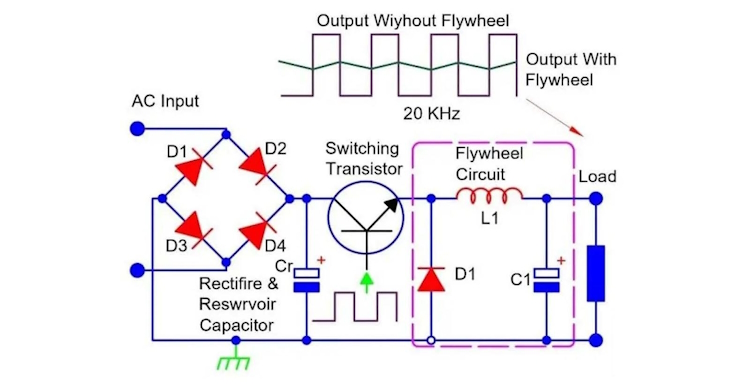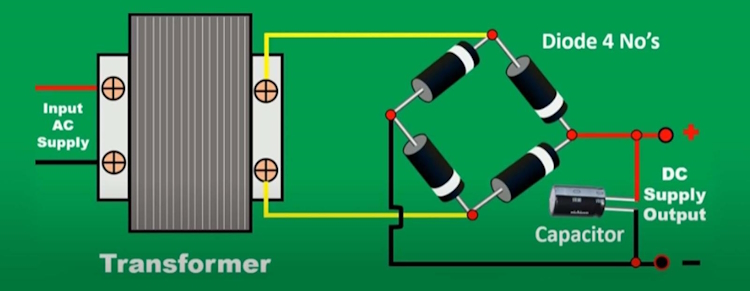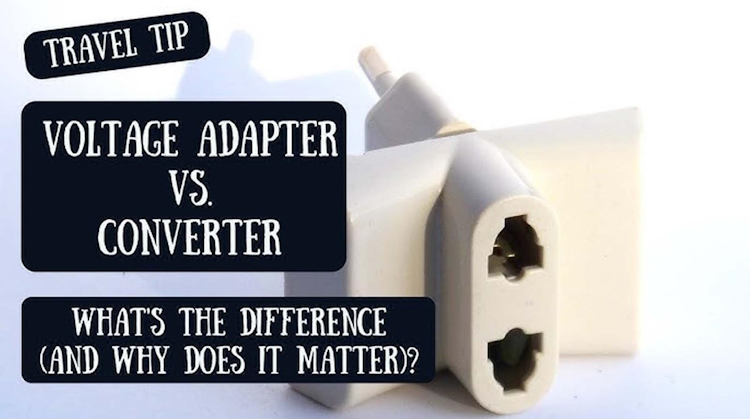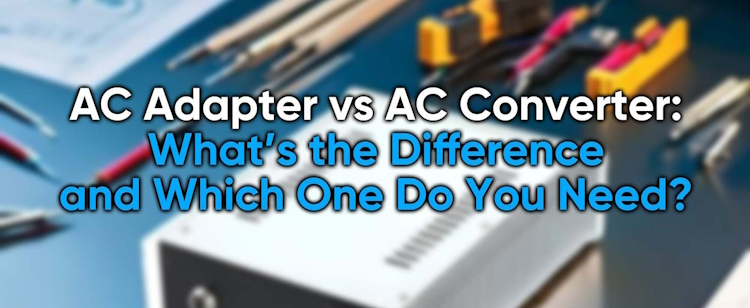1. Definition of AC Adapter
An AC adapter, also known as a power adapter, is essential for powering electronic devices. Its primary job is to convert alternating current (AC) from a wall outlet into the direct current (DC) that most devices require. This conversion ensures that different voltages and currents work together and protects your devices from electrical surges. Visit:https://yoocas-electric.com/ to learn more about how adapters and converters differ.
Today's AC adapters are tiny yet powerful, thanks to modern-day technology. Lots of them have smart features that adjust the voltage based on what gadget is connected. This assists in saving energy and expanding battery life. Picking an energy-efficient AC adapter can reduce your carbon impact while still offering reputable power for gadgets like laptop computers and mobile phones.

2. Meaning of AC Converter
An AC converter is a crucial device that changes alternating current (AC) into direct current (DC). This transformation allows many electrical devices to operate efficiently because most of them require DC power. AC converter technology has significantly advanced, using key components like rectifiers and inverters to work more efficiently and reduce energy loss. To understand the difference between an inverter and a converter, check out the inverter converter difference.
With the increase in renewable resource resources, AC converters have become a lot more vital. They help connect photovoltaic panels and wind generators to the power grid and manage how power moves between manufacturing and usage. As wise grids and electrical automobiles become much more common, recognizing how AC converters function can assist consumers in making better energy choices and assist sustainability. Welcoming these innovations can bring about better efficiency and a greener future.

3. AC adapter versus AC converter
When exploring digital power supplies, it's essential to recognize the difference between an AC adapter and an AC converter, as they have various duties. An AC adapter modifications typical home existing (AC voltage) right into a reduced DC voltage to power tools like laptops and mobile phones. It is created for specific systems to guarantee safety and performance by matching the outcome to the tool.
In contrast, an AC converter, additionally known as a regularity or voltage converter, readjusts the electric power itself. It changes voltage levels or converts frequencies (like 50 Hz to 60 Hz), which is required for making use of devices made for various electric standards around the world. Understanding these distinctions aids you select the best device for your requirements, stopping device damages or operational problems.

4. Selecting the Right Device
When selecting the right device for your power requirements, it's essential to understand the distinction between an AC adapter and an AC converter. An AC adapter modifications rotating present (AC) from a wall electrical outlet into a direct present (DC).
This is required for lots of electronics like laptop computers and mobile phones. In contrast, an AC converter modifications voltage levels so tools can work correctly in various areas. For example, if you take a trip to a country with 220 volts and your tool is ranked for 120 volts, you'll need an AC converter.
One more crucial element to think about is compatibility and effectiveness. See to it the specs of your gadget match the voltage and existing needs. Utilizing the wrong accessories can squander energy and also harm your gadgets over time.
Selecting top-quality adapters and converters aids guarantee your devices last longer and work better by lowering energy loss. By investing intelligently in these devices, you can secure your electronic devices and enjoy their complete capability wherever you go.



Comments (0)